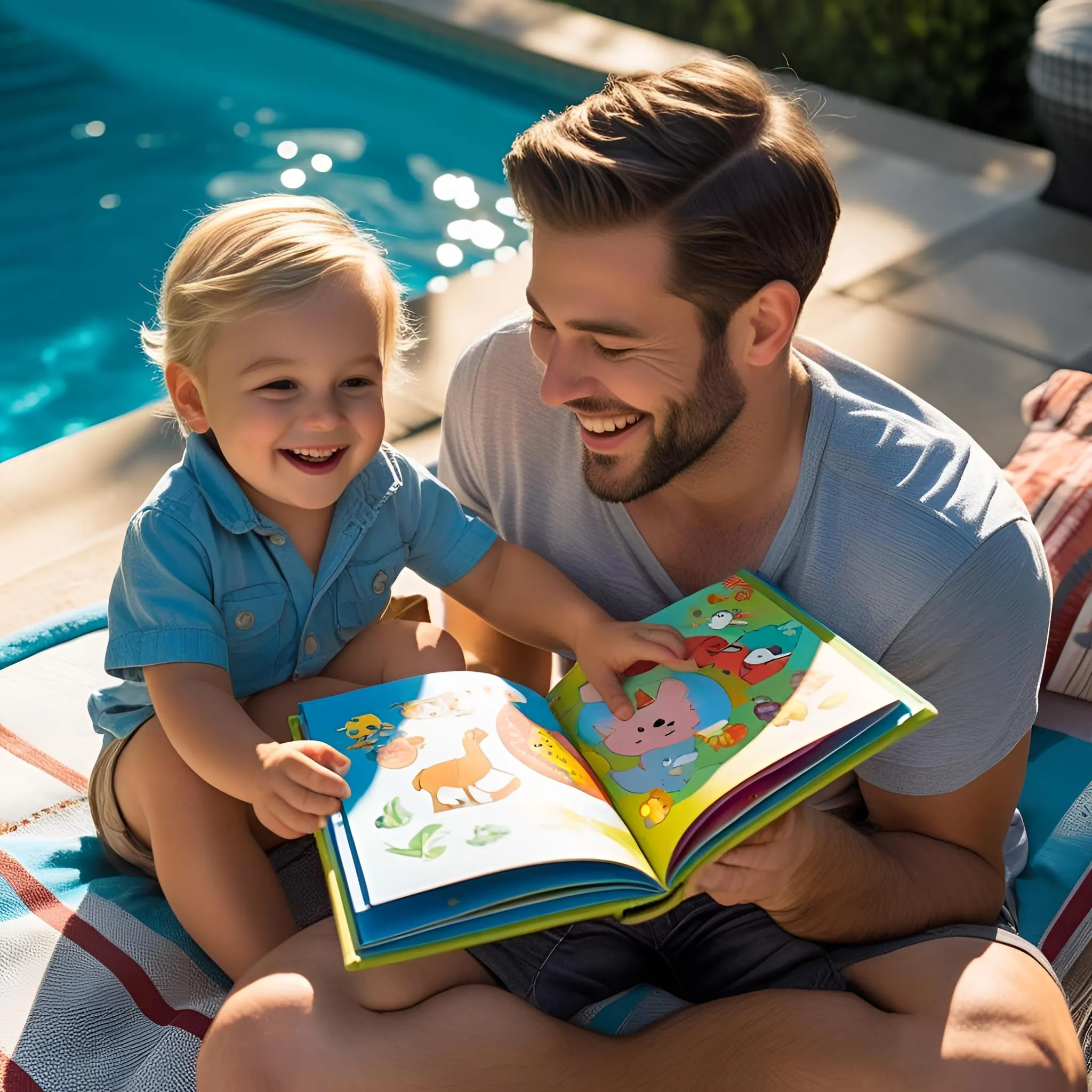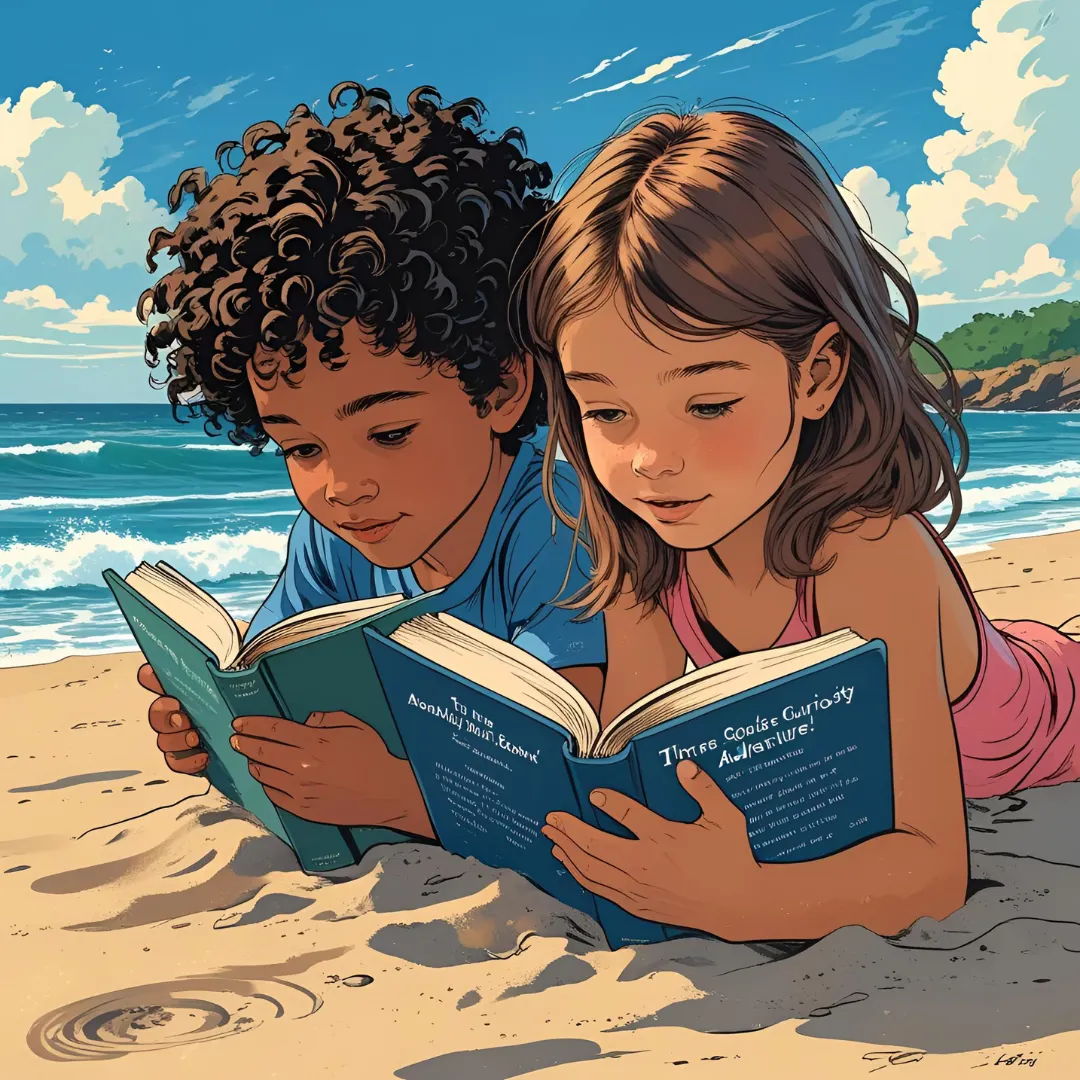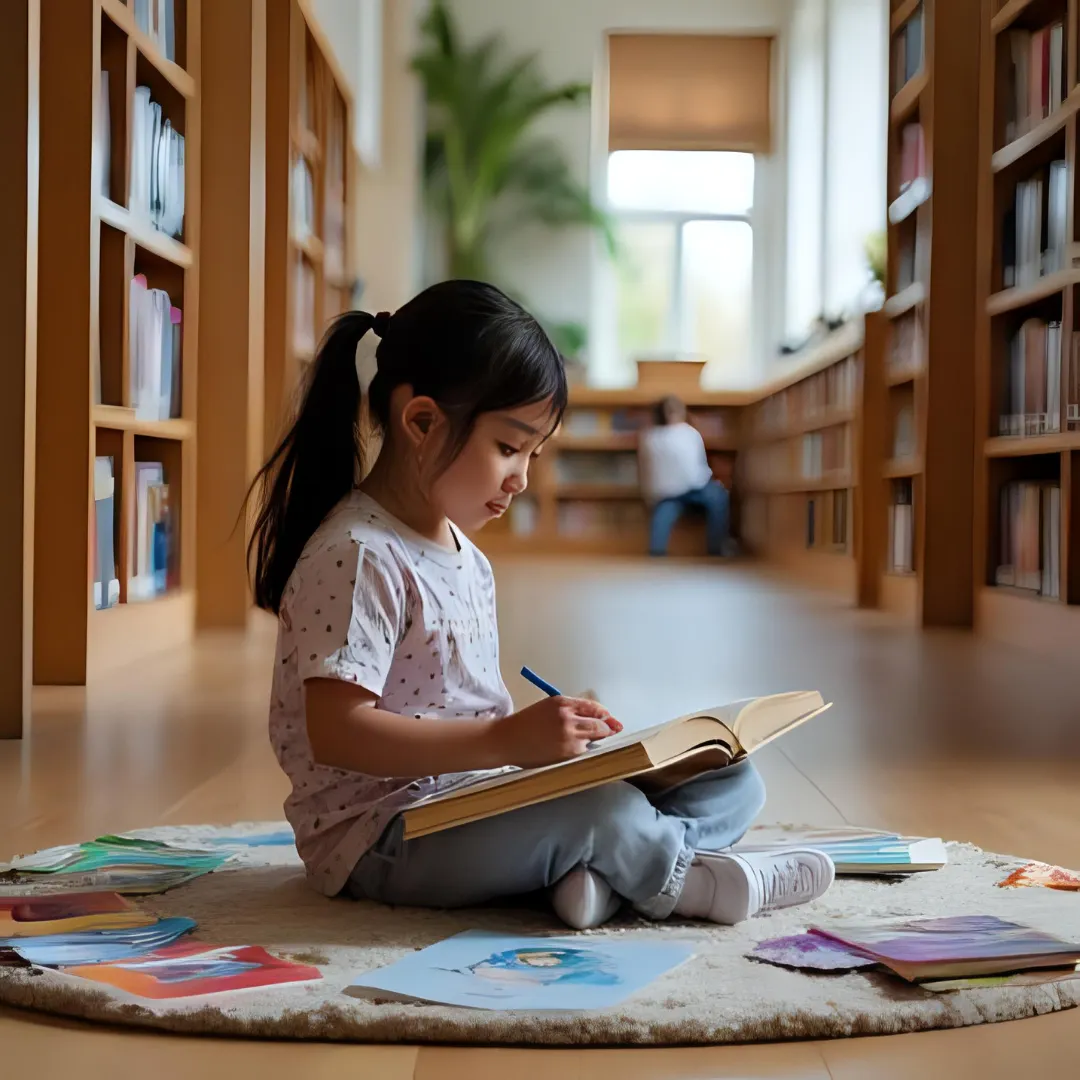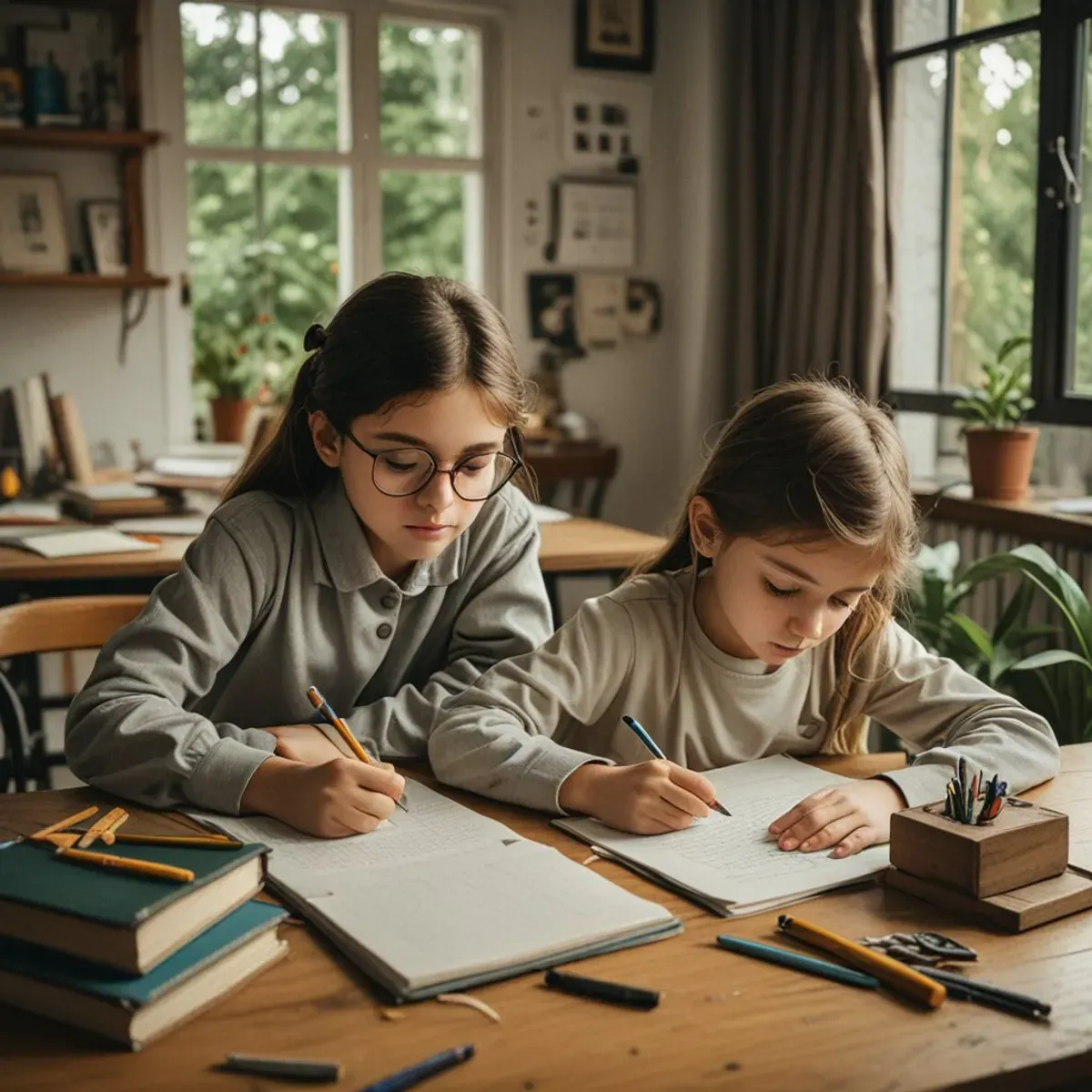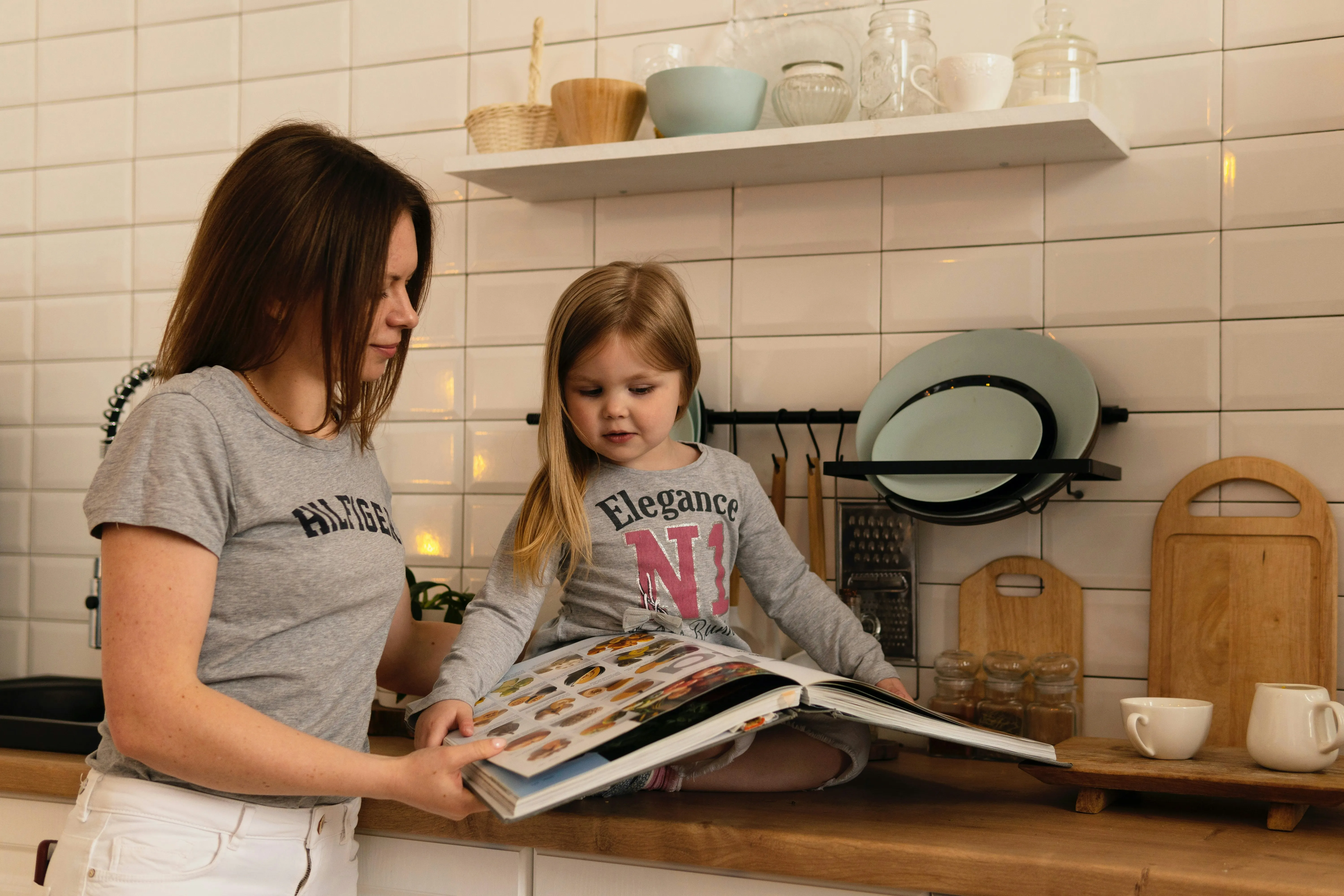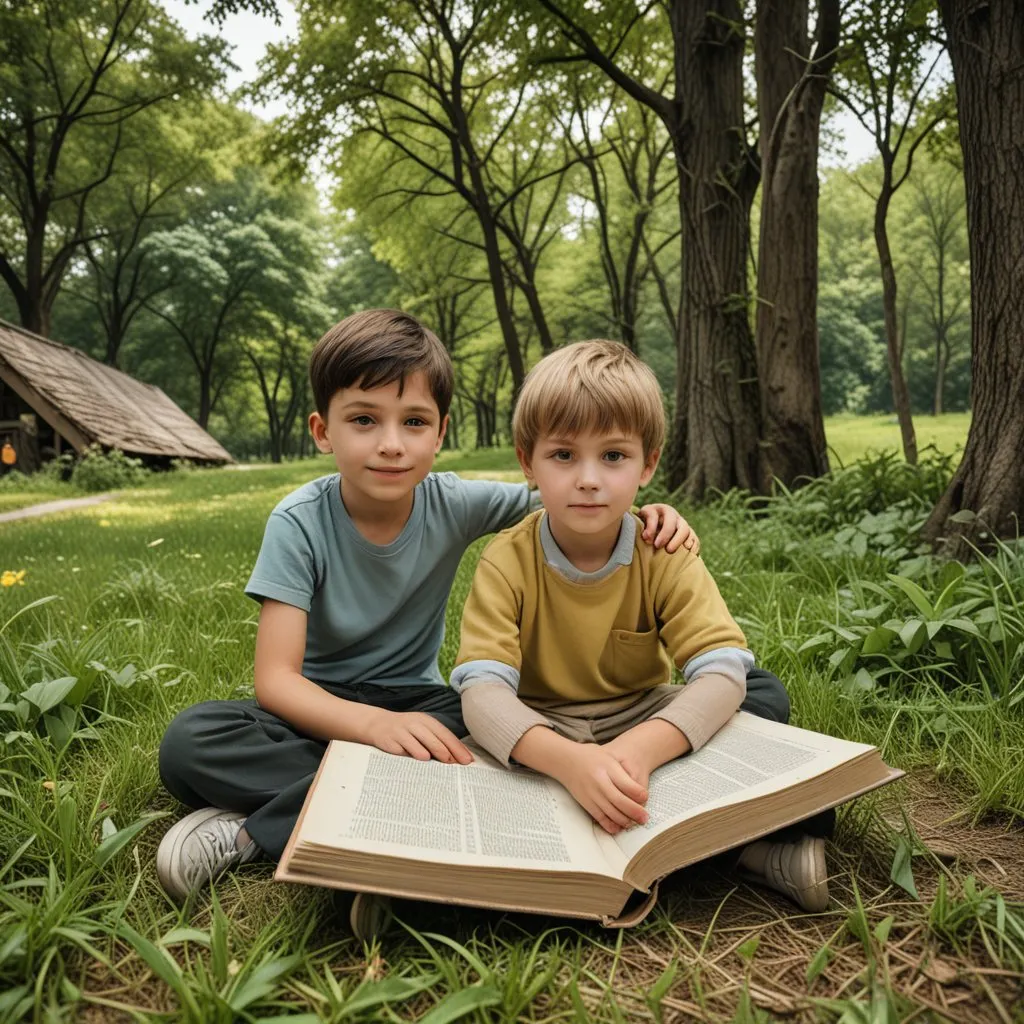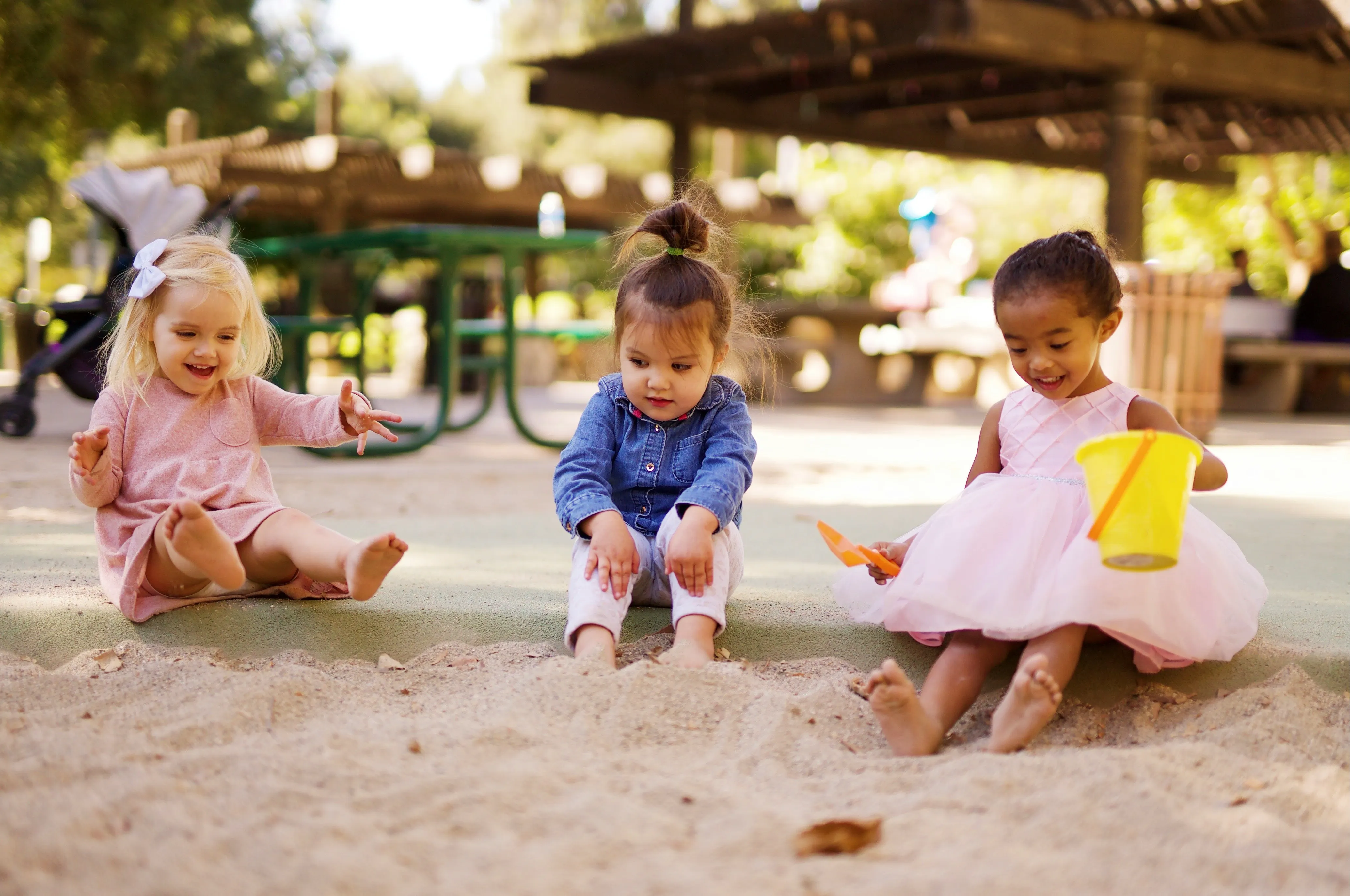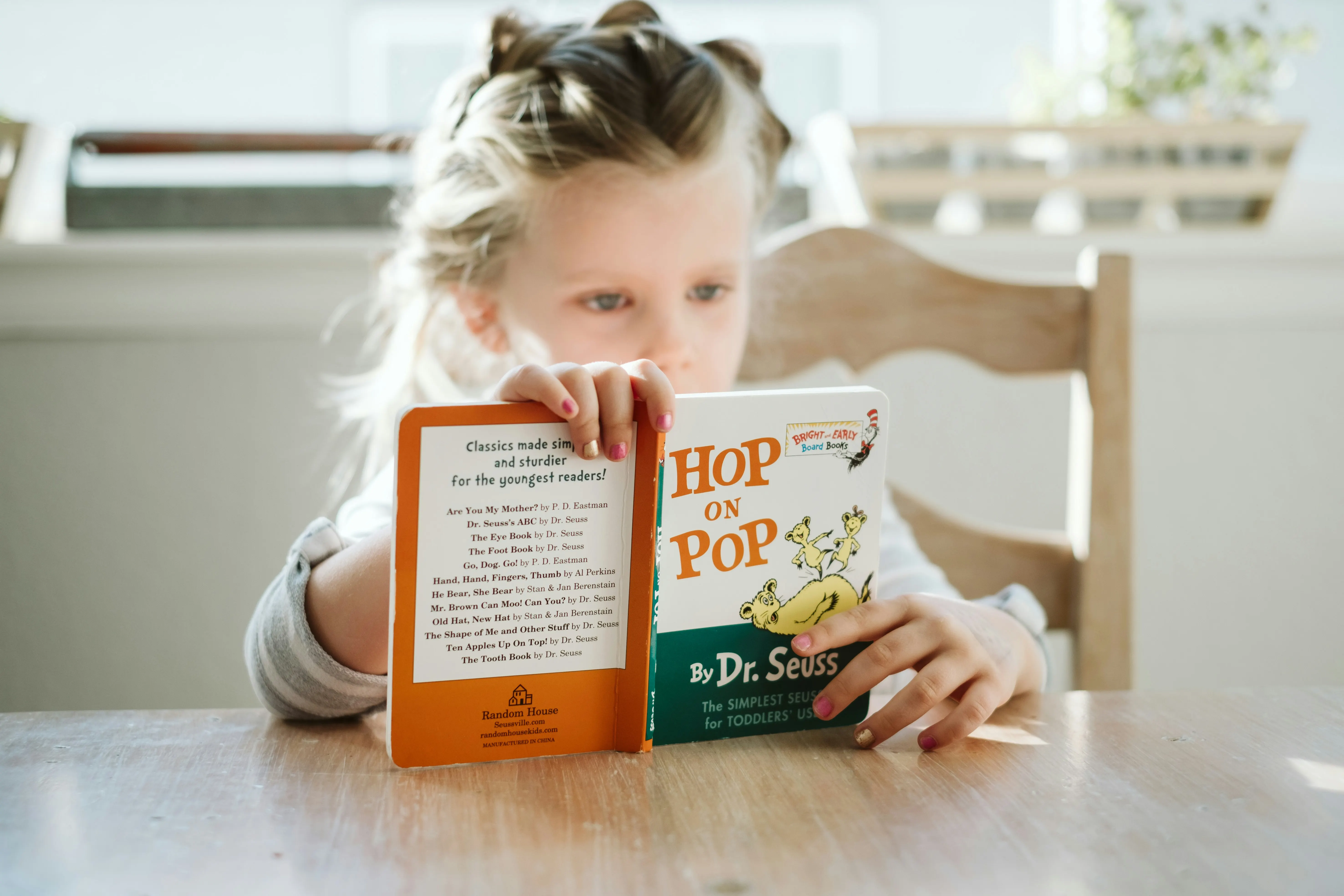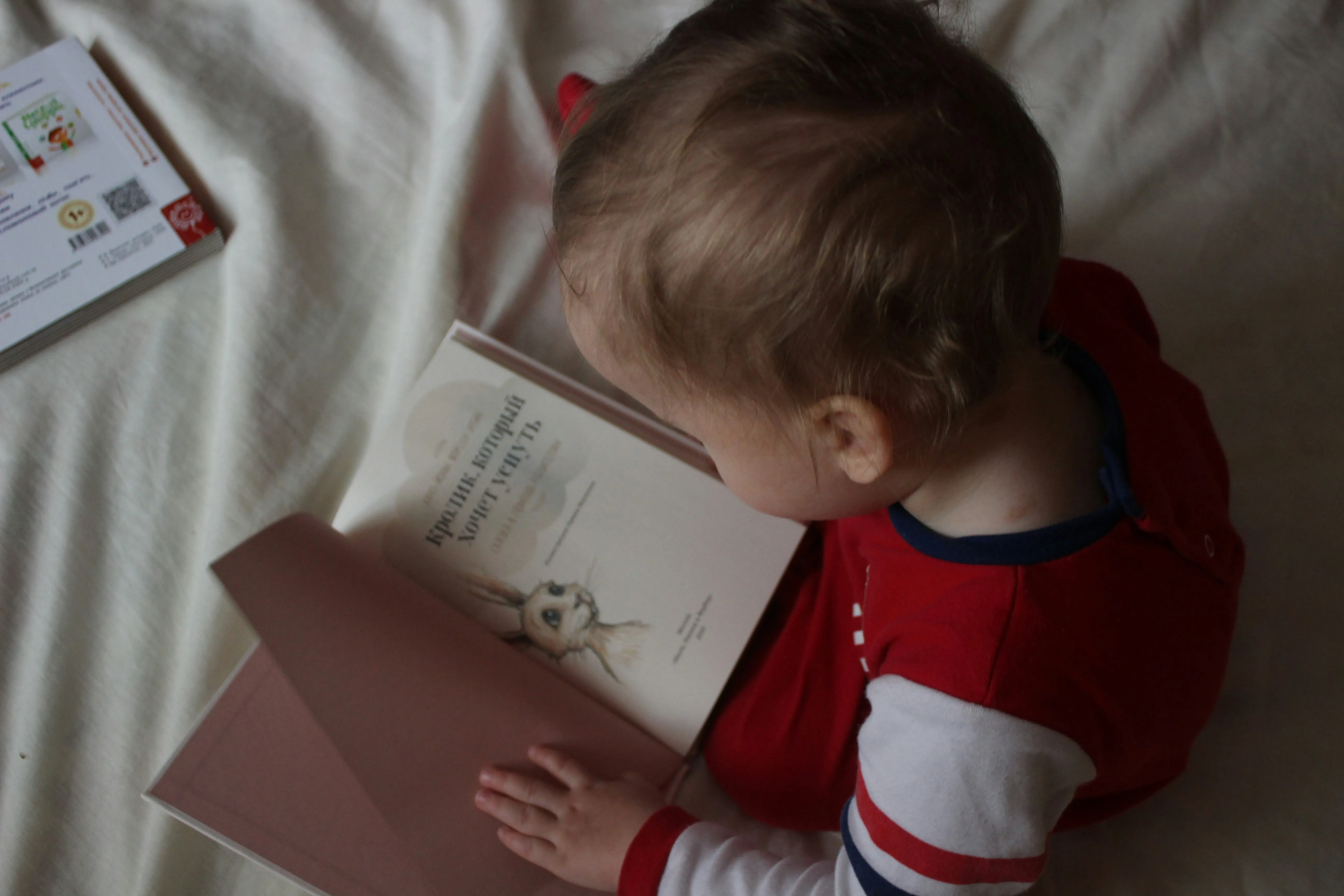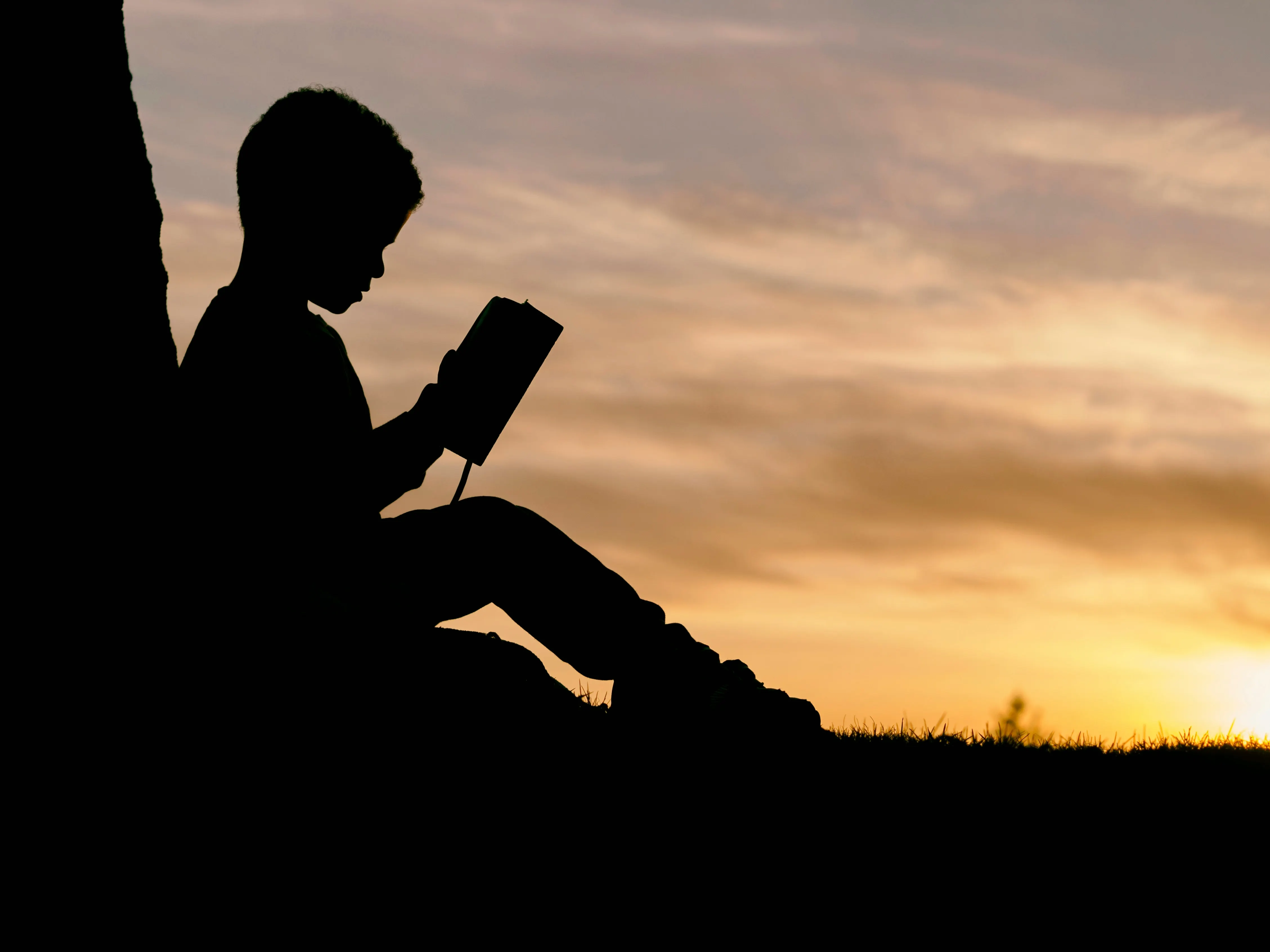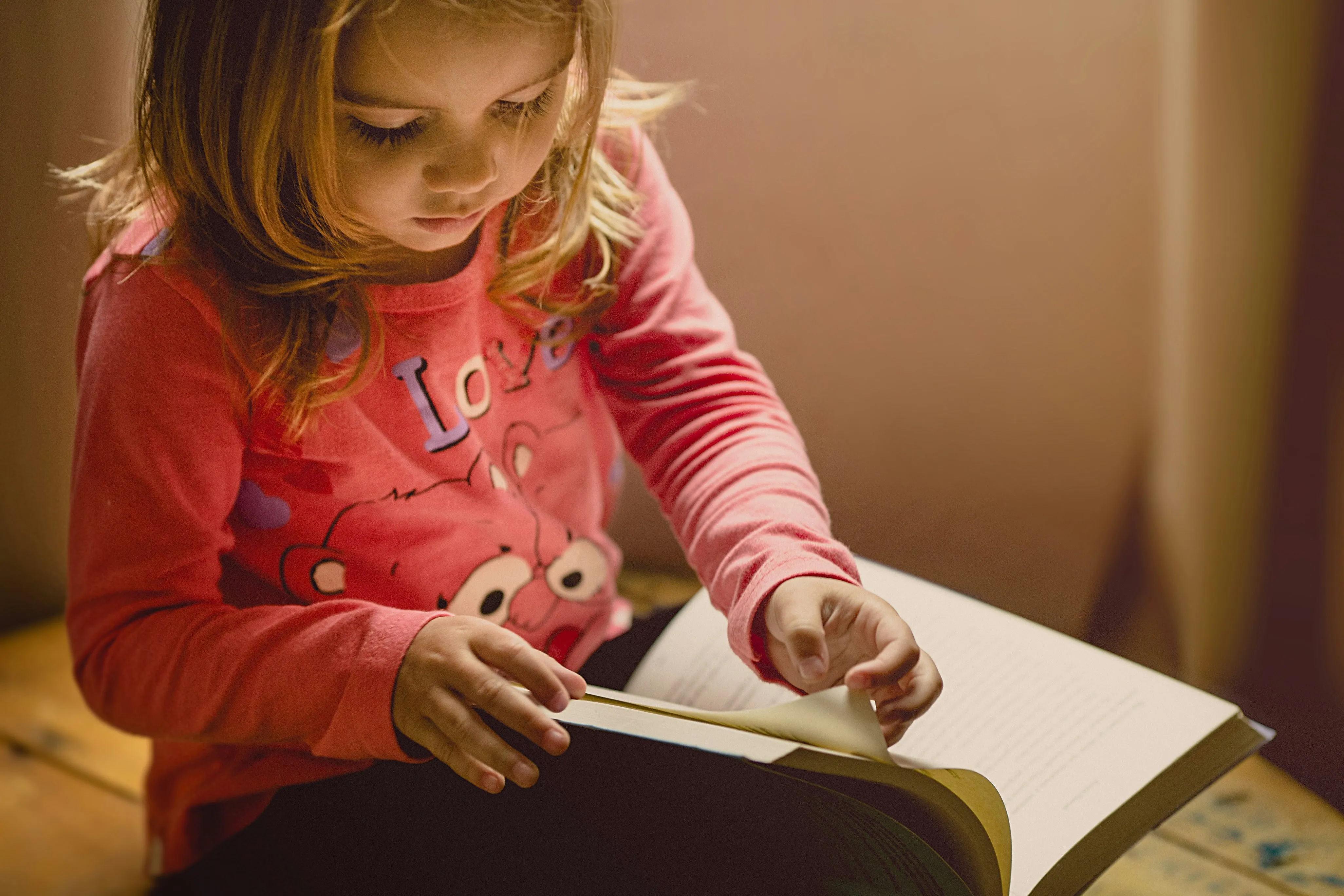Individual Learning Paths for Early Literacy
Individual Learning Paths for Early Literacy
As parents, we want our children to succeed in all aspects of life. Early literacy skills play a crucial role in shaping the future of our little ones. Each child is unique with their own set of learning objectives and preferred learning style. Personalized Learning Paths (PLPs) provide a tailored approach to learning that helps newborns reach their full potential. In this blog post, we will explore the importance of PLPs in cognitive development and early literacy skills. We will also provide a starter guide for new parents on how to craft a personalized learning path for their baby, including identifying learning objectives, mapping out pathways, selecting appropriate tools and resources, and adapting the path based on progress evaluation. Moreover, we will highlight the synergy between personalized learning paths and parenting strategies while encouraging exploration and discovery in newborns. Join us as we unveil the power of PLPs to shape your baby's future!
Understanding the Importance of Personalized Learning Paths for Newborns

Supporting individual progress and understanding, personalized learning paths create tailored experiences for a personalized learning environment. Essential for lifelong learning and skill development, they cater to individual needs, offering practical tools and extra support. Enhancing the learning process, they allow for individual learning objectives and pathways.
The Role of Personalized Learning Paths in Cognitive Development
Personalized learning paths play a vital role in catering to individual learning styles, fostering engagement and progression. They are essential in the education system, aligning with learners' competencies and supporting their aspirations, offering a personalized strategy. Utilizing intelligent systems, these paths create tailored learning experiences, utilizing analytics to track individual proficiency and goals.
Early Literacy Skills and Personalized Learning Paths
Supporting individual learning objectives ensures better understanding of early literacy skills. Personalized learning content and playlists create a personalized learning management system. These paths cater to individual learner engagement, providing a pathway for personalized learning alignment. Additionally, they cater to financial resources, offering a personalized learning pathway for early literacy.
Crafting Your Baby's Personal Learning Path: A Starter Guide for New Parents
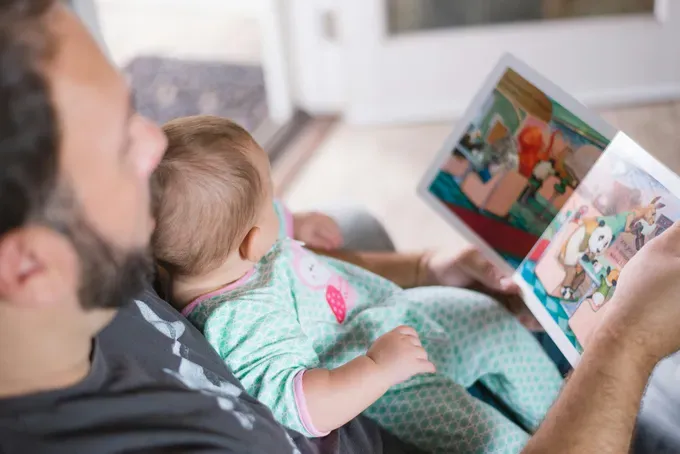
Crafting a personalized learning path involves understanding your baby's individual learning style and establishing tailored learning goals. Select personalized learning resources and integrate personalized learning tools to align with your baby's competencies and aspirations. This will lay the foundation for a personalized learning journey.
Identifying Your Newborn's Learning Objectives
Identifying your newborn's learning objectives is the initial step in tailoring the learning path. It involves understanding their unique learning style, setting personalized goals, and aligning the path with their competencies. This identification allows for the personalized selection of resources, crucial for a bespoke learning pathway.
Mapping Out Your Baby's Learning Pathways
Mapping out your baby's learning pathways involves understanding their unique learning environment and tailoring personalized learning progression to their specific skills. These individualized pathways promote engagement and lifelong learning, offering a personalized experience through curated learning playlists. This approach supports continuous progress and deeper understanding.
Building Learning Resources for Your Baby
Building personalized learning resources involves customizing the selection of tools and materials, offering a personal learning pathway for your child. This includes tailoring course content, integrating personalized learning playlists, and enhancing the learning process through LMS personalization, fostering individual engagement in a number of ways.
Selecting Appropriate Learning Tools and Resources
Selecting personalized learning tools and resources involves understanding the child's unique learning pathway. It entails tailoring learning content to the child's specific skills, fostering individual learning engagement. The personalized selection of tools promotes better understanding, offering personalized learning playlists within the learning management system.
Incorporating Play in Learning Resources
Incorporating play in learning resources involves integrating practical tools and additional support to promote individual engagement. It entails personalized selection of course content, fostering learner engagement through various elearning methods. This approach supports personal learning paths, encouraging a number of ways for better understanding and comprehension of high school curriculum.
Implementing the Personalized Learning Path
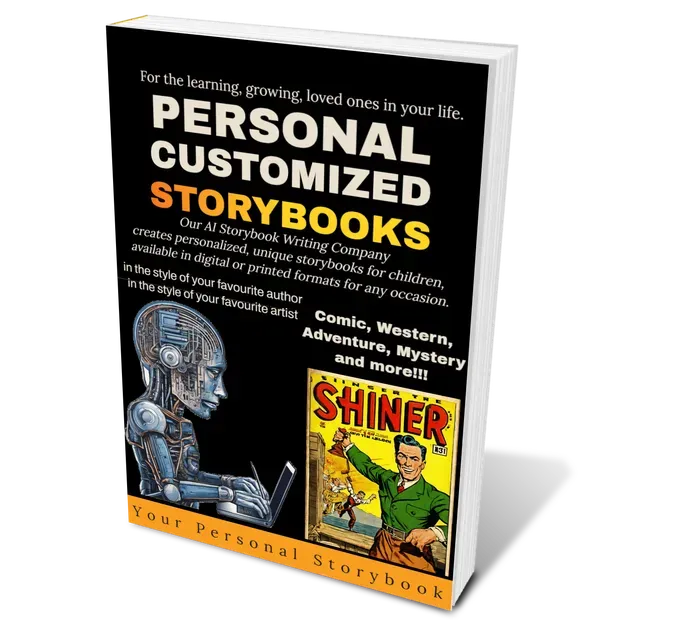
Fostering individual learner engagement through personalized crafting of learning pathways aligns goals with competencies, ensuring better understanding. Personalized integration of course content in LMS offers tailored learning playlists, supporting individual progress in a number of ways.
Balancing Learning and Play
Encouraging learning through age-appropriate play activities fosters a playful environment for exploration. Integration of storytelling into playtime promotes literacy development, while educational toys stimulate cognitive and motor skills. Everyday activities like counting during snack time provide learning opportunities in a fun and engaging manner.
Adapting the Learning Path to Your Baby's Progress
Tailor your baby's learning experiences to their cues and interests, adjusting activities based on their progress and readiness. Gradually introduce new skills, offer diverse learning experiences, and adapt materials to match their abilities. Supporting holistic development in a number of ways enhances the personalized learning path for your baby.
Evaluating Your Baby's Learning Outcomes
Assess your baby's progress through observation and engagement, utilizing tools like progress checklists for monitoring developmental milestones. Document achievements and areas for growth, seeking feedback from early childhood educators. Reflect on the effectiveness of activities, making necessary adjustments.
Understanding Your Baby's Learning Milestones
Familiarizing with typical language, motor, and social milestones is crucial for parents. Recognizing the significance of each stage in early literacy helps celebrate your baby's achievements. Staying informed about the progression of early literacy skills is essential to effectively support your baby's emerging skills.
Adapting the Learning Path Based on Evaluation
Adapting your baby's learning path involves modifying activities based on evaluations and tailoring the environment to their changing needs. Introduce new materials aligned with evaluation results and collaborate with professionals to refine the path. Implement personalized strategies informed by the evaluation of your baby's progress.
The Synergy Between Personalized Learning Paths and Parenting Strategies

Integrating personalized learning paths into daily routines and interactions aligns parenting techniques with individualized needs, fostering a supportive learning environment. Emphasizing the importance of personalized learning paths in early childhood development creates a harmonious balance between nurturing parenting strategies and personalized learning approaches.
Aligning Your Parenting Style with Your Baby's Learning Path
Recognizing the influence of your parenting style on your baby's learning journey is crucial. Adapting parenting practices to align with your baby's unique learning path is essential for nurturing individualized learning. Embracing flexibility to accommodate your baby's evolving needs and cultivating a learning environment that mirrors your parenting style's values and goals are key.
Fostering a Nurturing Environment for Learning
Cultivating a warm and secure environment that promotes exploration and learning is crucial. Creating a learning environment that encourages curiosity, creativity, and imagination can enhance the personal learning path. Emphasizing the value of positive reinforcement and encouragement in the learning process is essential, along with establishing routines that support learning while providing emotional security. Utilizing responsive caregiving fosters nurturing connections that enhance learning experiences.
Unveiling Your Baby's Potential: The Power of Personalized Learning Paths
Embracing the inherent potential and capabilities of babies paves the way for personalized learning paths, unlocking unique talents. Tailoring experiences to reveal and nurture emerging abilities champions individual learning styles and strengths, supporting the diverse needs of young learners.
Encouraging Exploration and Discovery in Newborns
Introducing sensory-rich experiences to stimulate exploration and discovery in newborns, engaging in interactive activities that encourage curiosity and investigation, and creating a safe and stimulating environment for sensory exploration are key. Providing opportunities for touch, sound, and visual stimuli supports newborns in early learning, fostering a sense of wonder and discovery.
Celebrating Progress and Achievements
In the journey of personal learning paths, celebrating progress and achievements plays a vital role in boosting motivation and engagement. It allows for targeted instruction, goal setting, regular assessments, and collaboration among parents, caregivers, and educators. Every small achievement contributes to increased confidence and self-esteem.
How Can Personalized Learning Paths Shape Your Baby's Future?

Personalized learning paths can have a profound impact on your baby's future. By identifying their strengths and weaknesses early on, customized plans can be tailored to meet their individual needs and interests. This personalized approach fosters a love of learning, increasing engagement for long-term success. Utilizing technology and data analysis aids in creating effective personalized learning plans.
Frequently Asked Questions
What are some key components of an effective early literacy learning path for 0 to 3 year olds?
An effective early literacy learning path for 0 to 3 year olds includes developing language skills, cognitive development, and social-emotional skills. Components may include reading aloud, singing songs, playing with toys that promote cognitive development, and engaging in interactive play with caregivers. Sensory exploration and motor skill activities should also be included. Tailoring the path to each child's needs is crucial.
How can I tailor a learning path to my toddler's specific needs and interests?
To tailor a learning path to your toddler's specific needs and interests, observe their strengths and interests. Use resources like books, educational apps, and hands-on activities. Adjust the path as needed based on their progress and changing needs. Incorporate play-based learning for engagement.
How can I track my child's progress along their learning path?
To track your child's progress along their learning path, utilize a range of assessments like reading level tests and comprehension quizzes. Set specific goals and regularly check in on their progress. Keep records of the books they've read and their reading levels. Communicate with teachers or tutors for feedback.
What are some effective strategies for parents to teach early literacy skills to newborns?
Effective strategies for teaching early literacy skills to newborns include reading aloud to them, engaging in word games and nursery rhymes, pointing out and labeling objects, and encouraging them to scribble and draw. These activities help develop language, fine motor skills, and prepare babies for writing.
Are there any resources or tools available to help me create an individualized learning path for my newborn?
Yes, there are resources available to assist you in creating a personalized learning path for your newborn. Tools such as BabySparks and HOMER offer age-appropriate activities and games. "The Early Literacy Handbook" provides guidance on promoting early literacy in infants. Consulting with a pediatrician or early childhood education specialist can also be beneficial.
Conclusion
In conclusion, personalized learning paths are essential for early literacy development in newborns. By tailoring learning objectives, mapping out pathways, and selecting appropriate resources, parents can create an engaging and effective learning environment for their babies. Balancing learning with play and adapting the path based on evaluation is crucial in fostering growth and achieving milestones. The synergy between personalized learning paths and parenting strategies ensures that the baby's potential is unveiled and nurtured. By encouraging exploration, celebrating achievements, and providing a nurturing environment, parents can shape their baby's future positively. If you want to learn more about how personalized learning paths can benefit your baby's development, get in touch with us today for further guidance.



